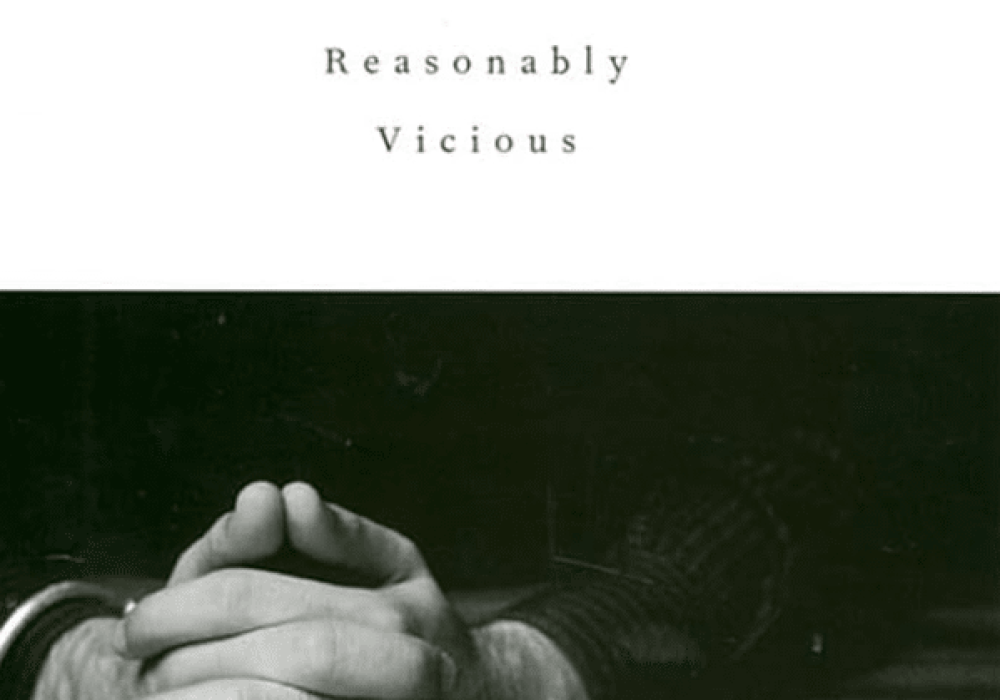This event is in-person only. Intended for university students, faculty, and staff. Others interested in attending please contact dstrobach@lumenchristi.org. This non-credit is made possible through the support of ‘In Lumine: Supporting the Catholic Intellectual Tradition on Campuses Nationwide’ (Grant #62372) from the John Templeton Foundation.
Registrants are free to attend as many sessions as they choose. Sessions do not presuppose previous attendance or prior knowledge of the subject.
Reasonably Vicious, originally published in 2002, has been praised by Alasdair MacIntyre as a “distinctive, well-argued, in some key respects original and beautifully written account of practical reason.”
Philosopher Candace Vogler explores the problem of evil, with Aquinas and Anscombe as her main interlocutors. She challenges contemporary moral psychology with a nuanced perspective that ties together practical reason, practical good, and the source of wrongdoing.
Vogler offers a complex understanding of moral agency by examining how moral actions are shaped by rationality, human desires, and motivations.
Reasonably Vicious has for twenty years remained a significant contribution to contemporary ethical discourse by making traditional philosophy relevant to modern moral challenges.
Join us as Prof. Vogler takes us through her work in a 3 session non-credit course. Participants will receive a copy of Reasonably Vicious.
FORMAT
Tuesdays, Nov 5-Nov 19
6:00pm: Dinner
6:30pm: Presentation


